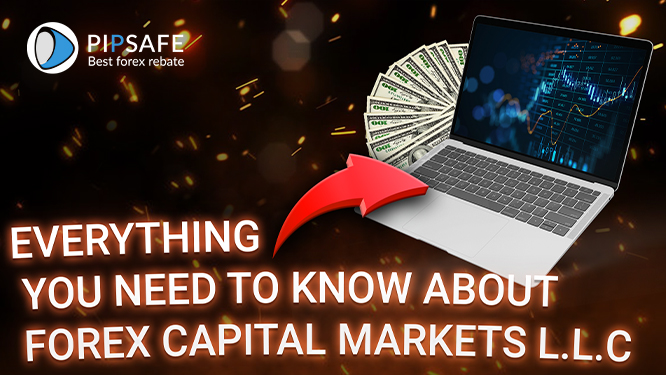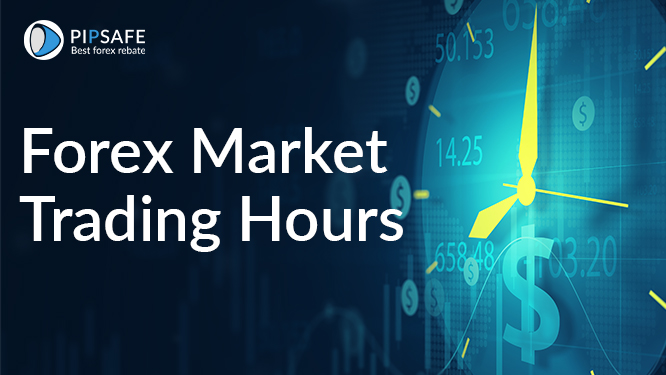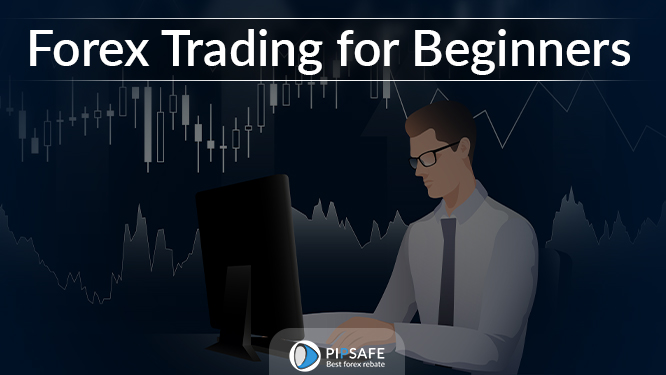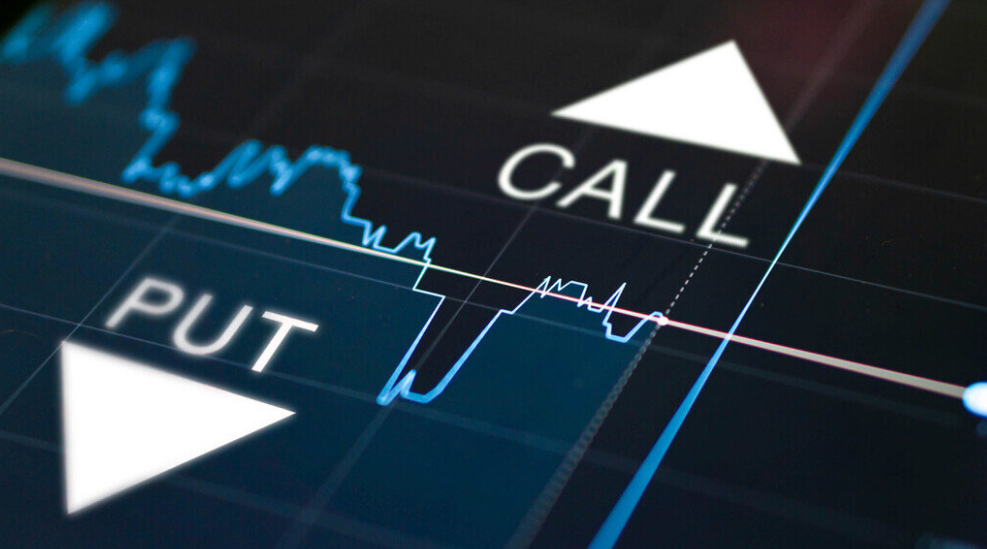Learn about CFD Trading
Nowadays, we live in a constantly changing and developing world. The present life is so dynamic that today’s innovation becomes yesterday’s history. Under such conditions every modern person searches for new solutions and technologies.
The emergence of Internet connection has expanded human’s opportunities in career development. Almost all spheres of life have already been transferred to the Internet world. Do you want to get a medical consultation? You can get it easily just sitting at home in front of your computer. Do you want to watch films?You can do it without going to any cinema.
Learn about CFD Trading (CFD Trading Explained)
Do you want to buy something from abroad? No need to go to that country just to get the item, simple online pay-ment, and the item will visit your living place. Likewise, financial markets are now available via simple Internet connection.
For investors, who are involved in Stock trading, held in a centralized place, and who are looking for more efficient trading instruments, will appreciate considerable advantages of CFD trading, a trading instrument, developed not so long ago.
In this tutorial you will find all main principles of CFD trading, which will lead to your better understanding of this innovative market and to more successful trading. Welcome to the world of CFD market!
History of CFDs (A Short History of CFDs!)
CFDs were originated by a London derivative brokerage firm called Smith New Court which was later bought out by Merrill Lynch. Brian Keelan and Jon Wood played a great role in the invention of CFDs. So why did appear the necessity to invent CFDs?
Clients of New Court wanted to hedge their stock positions on the London Stock Exchange, and CFDs were perfect tools to do it by going short, as well as getting an opportunity to trade on margin.
Apart from that, CFDs were a way to avoid stamp duty which is an added bonus. Later on, CFDs stopped being used only by hedge funds and became widespread among retailers. The first CFD provider company was GNI, who launched GNI Touch online trading system. By using this system, the trader had a direct access to the London Stock Exchange, getting an opportunity to see live quotes of each asset.
Starting from 2002, other countries of the world also opened their doors to this new instrument. The first country to do it was Australia. Since then, CFD trading has become more and more popular, spreading roots in Germany, rance, Norway,Italy,Singapore,etc..
What is CFD? (What is a Contract for Difference)
If you have an intention to improve your skills in financial markets and you are exploring new spheres to try your hand at them, it is worth studying CFD trading and trying yourself in it.
So let us see what the essence of this trading is. CFD (Contract for Difference) is a derivative financial product, since it derives its value from another financial asset. CFDs will allow you trading on prices,moving up or moving down, without physically possessing the underlying asset.The underlying asset in most cases is a stock, but there are also CFDs for Indices,Commodities and other instruments.
According to the traditional definition, CFD is a contract between two parties, a buyer and a seller. If the difference between the asset open price and its price at the moment of closing the contract is positive, the seller pays to the buyer and,just on the contrary, if that difference is negative, the buyer pays to the seller.
Differences Between CFD Trading & Stock Trading!
CFD trading is almost like Stock trading. The only difference is that while you trade Stock CFD you do not own that Stock, you just use the price fluctuations of that Stock in order to speculate.
Let us assume that you have decided to trade Google stocks in CFD market. The expression ‘’trading Google stocks’’ does not mean that you own that stock, aiming to buy or sell it for a profit. It means that you just trade the price difference of that instrument, going ‘’long’’ or ‘’short’’.
CFD trading is performed the same way as Forex trading! (CFD trading is like Stock trading)
So, technically, CFD trading is performed the same way as Forex trading. You trade in two directions, i.e. you buy a stock, expecting its price to go up in order to sell it later with higher price and vice versa, you sell a stock, expecting its price to drop in order to buy it later with a lower price. In both cases you pursue only one purpose – to get a profit. If you fall short of expectations, your trading completes with losses.
What is an underlying asset?
CFD traders are mainly involved in Stock CFD trading. In this case Stock CFD derives its price from a Stock and as that concrete Stock price changes, your Stock CFD’s price changes simultaneously. Actually, by becoming a CFD trader, you get a wide access to the world’s largest stock markets.
Are you interested in shares of U.S. companies? You have a real opportunity to enjoy trading such popular stocks, as Google (#S-GOOG), Facebook (#S-FB), Apple Inc (#S-AAPL), Mic- rosoft Corporation (#S-MSFT), etc. Do you wish to try yourself in European or Australian stocks? You are free to do it. All you need to do is just to choose a CFD provider, which will correspond to your preferences. There are providers that offer only American
stocks, others may be specialized in European stocks, and you can also encounter a provider,
offering both at the same time.
What is attractive in CFD market? (How To Start With The CFD Trading)
The growing interest towards this financial product is the best evidence of its attractiveness. But what makes it so attractive? One may ask why to trade a CFD if I can trade a common Stock. Actually, there are a wide range of differences between them, due to which many Stock traders have already passed to CFD trading market. Let us see the main differences:
Leverage
If you track the price movement of a CFD with that of a common Stock, you will see that the Stock CFD moves the same direction as the physi-cal Stock. The price of CFD repeats the price dynamics of the underlying asset.
Trade on both rising and falling markets
Any CFD trader can get an opportunity to make a profit regardless of the market direction. What does it mean? This means that both rising and falling markets can equally bring you gains, as you trade the price movement of a trading instrument, without owning the physical stock.
No stamp duty Unlike traditional stock trading, CFD trading does not require paying any stamp duty. It is quite logical as you do not own that Stock. Accordingly, you do not have any shareholder voting rights.
Dividend payment
Like stock providers, CFD providers also pay dividends to traders on long positions. So, dividend adjustment is credited to the client’s account,in case of going long, and is debited from his account, in case of going short.
To read More,Please Download the book.
Source: IFC Markets Broker
Review and Forex Rebates(Cashback Forex) up to 85% – About IFC Markets
(How To Start With The CFD Trading), A Short History of CFDs!, CFD trading, CFD Trading Explained, CFD trading is like Stock trading, CFD trading is performed the same way as Forex trading!, Differences Between CFD Trading & Stock Trading!, Google stocks in CFD market, History of CFDs, Learn about CFD Trading, What is a Contract for Difference, What is an underlying asset?, What is attractive in CFD market?, What is CFD Trading?, world of CFD market
Similar Videos and E-books
LEAVE A COMMENT
All Books
For Beginners
- Candlesticks For Support And Resistance
- Online Trading Courses
- Commodity Futures Trading for Beginners
- Hidden Divergence
- Peaks and Troughs
- Reverse Divergences And Momentum
- Strategy:10
- The NYSE Tick Index And Candlesticks
- Trend Determination
- The Original Turtle Trading Rules
- Introduction to Forex
- The Six Forces of Forex
- Study Book for Successful Foreign Exchange Dealing
- Forex. On-Line Manual for Successful Trading
- 18 Trading Champions Share Their Keys to Top Trading Profits
- The Way to Trade Forex
- The Truth About Fibonacci Trading
- Quick Guide to Forex Trading
- Chart Patterns and Technical Indicators
- Forex Trading
- Trading Forex: What Investors Need to Know
- My Dog Ate My Forex
- Point & Figure for Forex
Forex Market in General
- Screen Information, Trader Activity, and Bid-Ask Spreads in a Limit Order Market
- Strategic experimentation in a dealership market
- Limit Orders, Depth, and Volatility
- Reminiscences of a Stock Operator
- Market Profile Basics
- Quote Setting and Price Formation in an Order Driven Market
- Phantom of the Pits
- An Introduction to Market Profile and a Users Guide to Capital Flow Software
- The Effect of Tick Size on Volatility, Trader Behavior, and Market Quality
- Trading as a Business
- What Moves the Currency Market?
- Macroeconomic Implications of the Beliefs and Behavior of Foreign Exchange Traders
- All About the Foreign Exchange Market in the United States
Psychology of Trading
- A Course in Miracles
- Thoughts on Trading
- Calming The Mind So That Body Can Perform
- Lifestyles of the Rich and Pipped
- The Miracle of Discipline
- Zoom in on Personal Trading Behavior And Profit from It
- The Woodchuck and the Possum
- 25 Rules Of Forex Trading Discipline
- Stop Losses Are For Sissies
- Your Personality and Successful Trading
- Trading as a Business
- The 7 Deadly Sins of Forex (and How to Avoid Them)
- The 5 Steps to Becoming a Trader
Money Management
- Risk Control and Money Management
- Money Management
- Position-sizing Effects on Trader Performance: An experimental analysis
- Fine-Tuning Your Money Management System
- Money Management: Controlling Risk and Capturing Profits
- Money Management Strategies for Serious Traders
- The Truth About Money Management
- Money Management and Risk Management
Forex Strategy
- 1-2-3 System
- Bollinger Bandit Trading Strategy
- Value Area
- The Dynamic Breakout II Strategy
- Ghost Trader Trading Strategy
- King Keltner Trading Strategy
- Scalp Trading Methods
- LSS - An Introduction to the 3-Day Cycle Method
- Market Turns And Continuation Moves With The Tick Index
- The Money Manager Trading Strategy
- Picking Tops And Bottoms With The Tick Index
- The Super Combo Day Trading Strategy
- The Eleven Elliott Wave Patterns
- The Thermostat Trading Strategy
- Intraday trading with the TICK
- Traders Trick Entry
- Fibonacci Trader Journal
- Rapid Forex
- Microtrading the 1 Minute Chart
- BunnyGirl Forex Trading Strategy Rules and FAQ
- The Daily Fozzy Method
- Forex Traders Cheat Sheet
- Offset Trading
- How to Trade Both Trend and Range Markets by Single Strategy?
- A Practical Guide to Technical Indicators; Moving Averages
- FX Wizard
- FX Destroyer
- A Practical Guide to Swing Trading
- Practical Fibonacci Methods for Forex Trading
- Using The Heikin-Ashi Technique
- The Day Trade Forex System
- 5/13/62
- Not So Squeezy Trading Manual
- KobasFX Strategy
- Killer Patterns
- 3D Trading
- 4 Hour MACD Forex Strategy
- WRB Analysis Tutorial
Advanced Forex Trading
- A New Interpretation of Information Rate
- CCI Manual
- Nicktrader and Jeff Explaining Reverse and Regular Divers
- NickTrader on No Price CCI Divergence Trading
- Are Supply and Demand Driving Stock Prices?
- The Sharpe Ratio
- The Interaction Between the Frequency of Market Quotes, Spread and Volatility in Forex
- Trend Determination
- Trend vs. No Trend
- A Six-Part Study Guide to Market Profile
- How George Soros Knows What He Knows
- Core Point and Figure Chart Patterns
- Coders Guru Full Course
- Point and Figure Charting: a Computational Methodology and Trading Rule Performance in the S&P 500 Futures Market
- Evolving Chart Pattern Sensitive Neural Network Based Forex Trading Agents
- Heisenberg Uncertainty Principle and Economic Analogues of Basic Physical Quantities
- The String Prediction Models as an Invariants of Time Series in Forex Market
- Using Recurrent Neural Networks to Forecasting of Forex
- The New Elliott Wave Rule - Achieve Definitive Wave Counts







